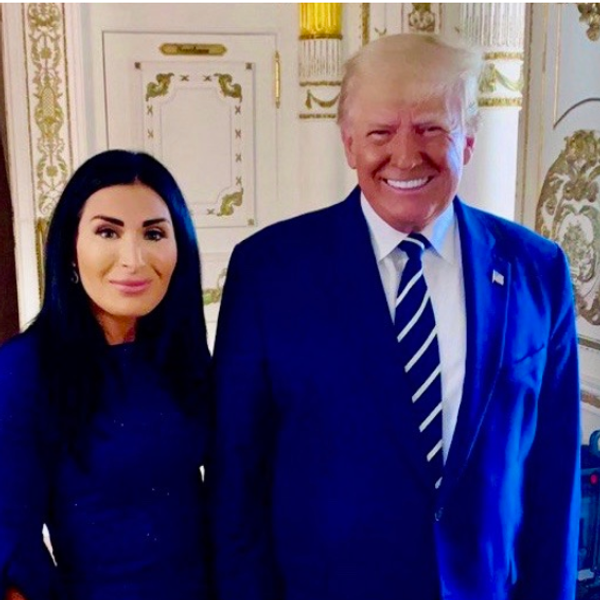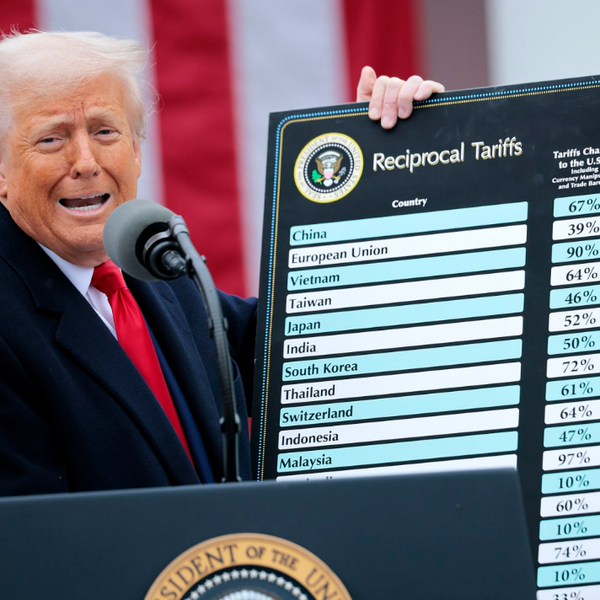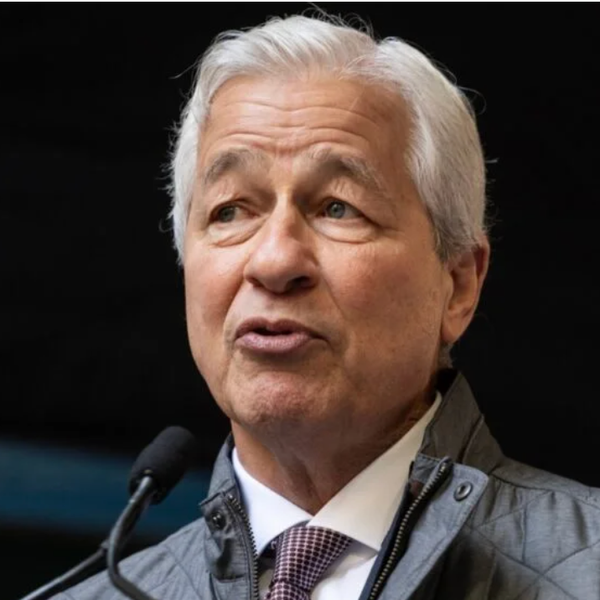
DAMASCUS (AFP) – U.N. chief Ban Ki-moon said Thursday his investigating team would report back this week on suspected chemical weapons attacks in Syria as the U.S. and its allies held back from immediate military action.
U.S. President Barack Obama said he has yet to sign off on a plan to strike Syria over the horrific attacks last week that activists say killed hundreds of people and threatened to draw the West into the brutal 29-month conflict.
A Western bombing blitz had appeared imminent earlier this week, but U.S. allies were increasingly reluctant to act before hearing the results of a U.N. probe into the alleged poisonous gas attacks.
Ban said the U.N. chemical weapons experts — who headed out to one of the attack sites near Damascus for the third day of inspections — would leave Syria by Saturday and report to him immediately.
He appealed to divided international powers to work together to head off military action in Syria, where the U.N. says 100,000 people have been killed and several million made homeless since the conflict erupted in March 2011.
“Diplomacy should be given a chance … peace (should) be given a chance,” Ban said, adding that he had spoken to Obama about the situation.
With any U.S.-led missile strike unlikely to have U.N. Security Council backing, key Damascus allies Russia and Iran again warned against any Western intervention, saying it could set off a wider regional conflict.
Syria’s nervous neighbours have already stepped up preparations for conflict, with Israel authorising a partial call-up of arm reservists while Turkey put its forces on heightened “vigilance”.
Russia was reportedly sending warships to the Mediterranean, while Britain said it was sending fighter jets to the strategic island of Cyprus.
International pressure for action mounted after grisly pictures emerged after the August 21 attacks in Ghouta east of Damascus showing dead children who appeared to have been gassed to death.
Obama, who a year ago warned that the use of chemical weapons in Syria would cross a U.S. “red line,” said Wednesday that Washington had definitively concluded that the Assad regime was to blame.
Asked how close he was to ordering a U.S. strike Obama told PBS NewsHour: “I have not made a decision.”
He said U.S. action would be designed to send a “shot across the bow” to convince Syria it had “better not do it again.”
The Nobel Peace laureate, who wants to seal a legacy of ending foreign wars, not getting into new ones, argued that it was vital to send a clear message not just to Syria, but around the world.
“We do have to make sure that when countries break international norms on weapons like chemical weapons that could threaten us, that they are held accountable.”
Senior U.S. lawmakers are expected to be briefed Thursday about classified intelligence on the chemical attack, which if confirmed would be the deadliest use of such weapons since Saddam Hussein gassed Iraqi Kurds in 1988.
Washington had bluntly signalled that a Security Council resolution that could have given a legal basis for an assault was going nowhere owing to Russian opposition.
But some commentators have warned that any U.S. strike would effectively see Washington fighting on the side of Al-Qaeda, whose fighters have joined rebels in the battle to oust Assad.
In London, lawmakers were set to vote on a response to the attacks, but the government has conceded there should be no British action until the weapons inspectors report back.
British Prime Minister David Cameron was forced by a parliamentary revolt to pledge he would not order military action before the U.N. report was published.
White House officials would not immediately say whether Washington would wait for Britain before launching any military action.
President Bashar al-Assad, whose army has been gaining ground against the rebels in recent months, said that Syria will defend itself against any attacks.
“Syria will defend itself in the face of any aggression, and threats will only increase its commitment to its principles and its independence,” the embattled leader said in his first reaction to the potential U.S. strikes.
“Syria, with its resistant people and valiant army, is determined to wipe out terrorism which is being backed by Israel and Western nations to serve their own purposes of sowing division in the region, fragmenting its people and forcing them into submission,” he told a visiting delegation of Yemeni politicians, according to state television.
His regime has blamed “terrorist rebels” for the gas attack.
In Damascus, soldiers were being pulled back from their command posts and tougher security controls were in place at roadblocks and hospitals.
Six soldiers were killed in a car bombing in a town near the capital Thursday, while 10 people mainly women and children, were killed in an army bombardment in the northeast, a rights monitoring group said.
A Syrian security official said the army was preparing for the worst.
“The army is being threatened, so it is normal that we take measures to confront the attack and respond to the aggression,” he told AFP.
Global financial markets remain on edge, although stocks rose slightly Thursday while oil prices slipped back after hitting two-year highs Wednesday on supply fears.
Russia, which along with China has vetoed three U.N. Security Council resolutions aiming to increase pressure on Assad, has maintained its support for his government and warned that Western military strikes would destabilise the entire Middle East.
Chinese media also warned the West against attacking.
In an editorial headed “No excuse for strikes”, the state-run China Daily said the US and its Western allies were “acting as judge, jury and executioner”.
Photo Credit: AFP/Mohamed Abdullah








